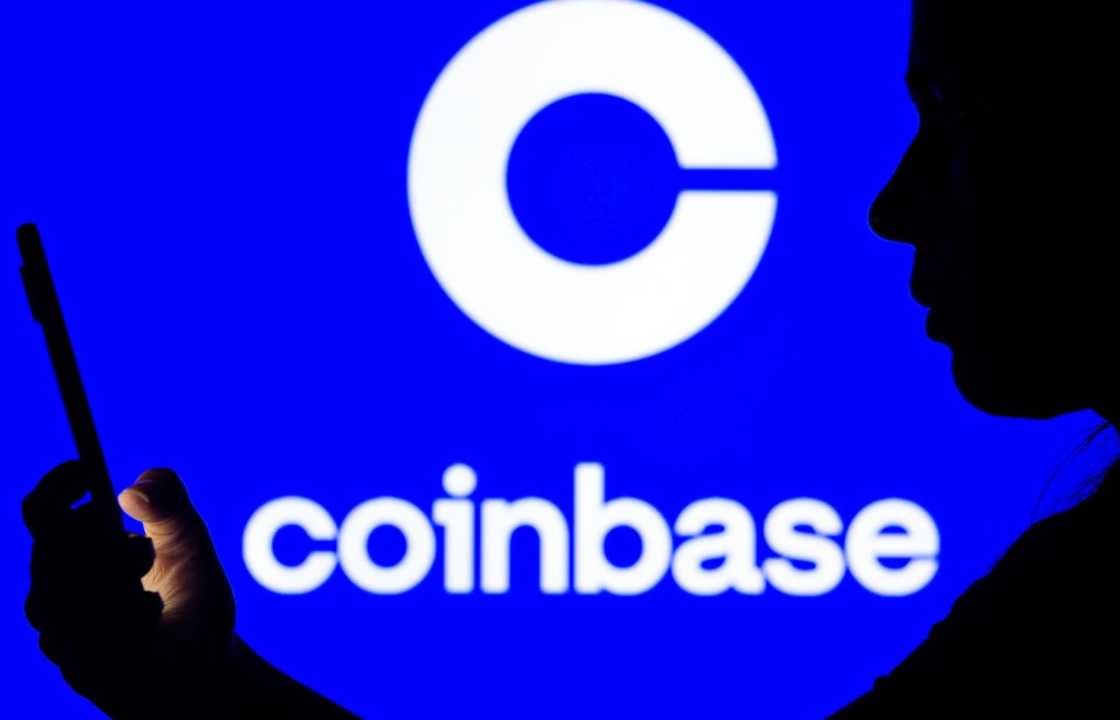Coinbase, a dominant force in the world of cryptocurrency exchange, finds itself in hot water as the U.S. Securities and Exchange Commission (SEC) launches serious allegations against the company. Coinbase stands accused by the SEC of functioning as an unsanctioned securities exchange, broker, and clearing house. Moreover, the SEC points out that Coinbase neglected to register its staking service for crypto assets. The SEC argues that Coinbase has played a significant role in enabling the trade of a huge quantity of crypto securities since 2019, without the necessary authorization, thus blurring the roles of a broker, exchange, and clearing firm.
The SEC emphasizes that Coinbase’s omission in registration has left its investors unprotected, devoid of critical measures such as the assurance of SEC supervision, adherence to record-keeping protocols, and defenses against possible conflicts of interest. These allegations also implicate Coinbase Global Inc., the parent company of Coinbase, given its position of control, thus rendering it partially accountable for some of the purported violations by Coinbase.
The SEC further alleges that Coinbase executed an unauthorized offering of securities through its staking service. This avant-garde program enables customers to earn profits via blockchain transaction verification services. The SEC posits that Coinbase gathered the stakeable crypto assets of its customers, performed the necessary verification, and then shared a part of the generated profits with customers. As per the SEC, these offerings and sales by Coinbase did not comply with the registration requirements.
These charges against Coinbase follow on the heels of a comparable lawsuit filed by the SEC against Binance and its CEO, CZ. The latter are accused of contravening securities regulations, evading the SEC’s regulatory purview, and neglecting their duty to inform their clientele adequately. This surge in lawsuits over two consecutive days signifies an intensified effort by U.S. regulators to assert the applicability of securities law within the digital assets domain.
SEC Chair Gary Gensler has publicly voiced concerns regarding Coinbase’s purported deficiency in providing essential protections to investors. Director of the SEC’s Division of Enforcement, Gurbir S. Grewal, has accused Coinbase of willfully ignoring federal securities regulations, underscoring the potential ramifications for the investing populace.
In line with its legal action against Binance, the SEC seeks to obtain an injunction, disgorgement of unlawfully obtained gains, penalties, and other equitable relief against Coinbase. This investigation has been spearheaded by the SEC’s specialized Crypto Assets and Cyber Unit, in collaboration with the San Francisco Regional Office and a multi-state task force comprising regulators from ten states.
Coinbase is yet to make a public comment on these allegations. The eventual ruling in this case may considerably impact the regulatory framework for cryptocurrency exchanges within the United States, potentially influencing the future trajectory of the industry. It’s worth noting that SEC Chair Gary Gensler has distinguished Bitcoin from the broader category of cryptocurrencies, labeling Bitcoin strictly as a commodity. This suggests that individuals and businesses focused on Bitcoin might escape the kind of regulatory attention directed towards securities-centric activities in recent times.

